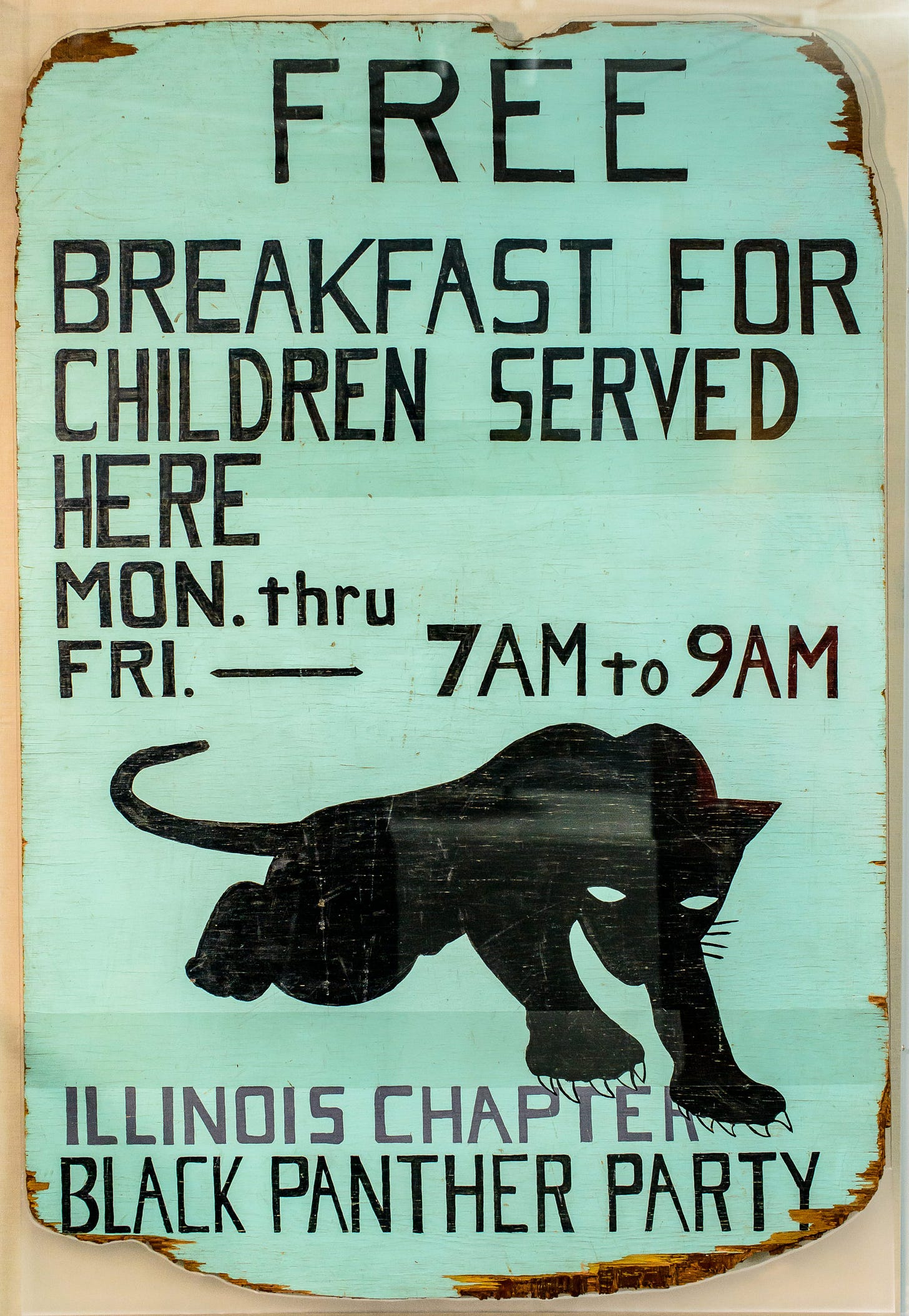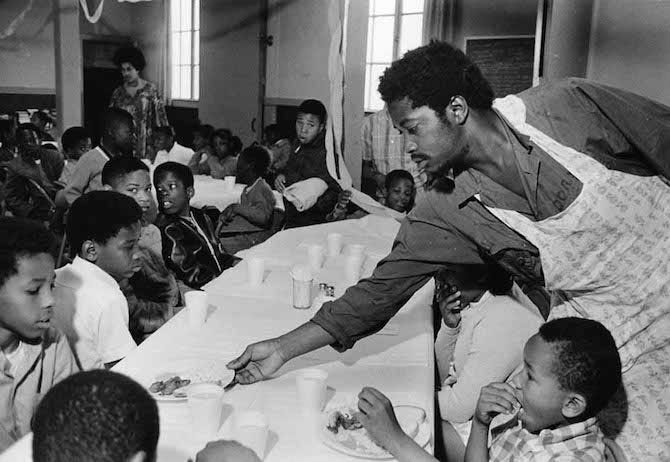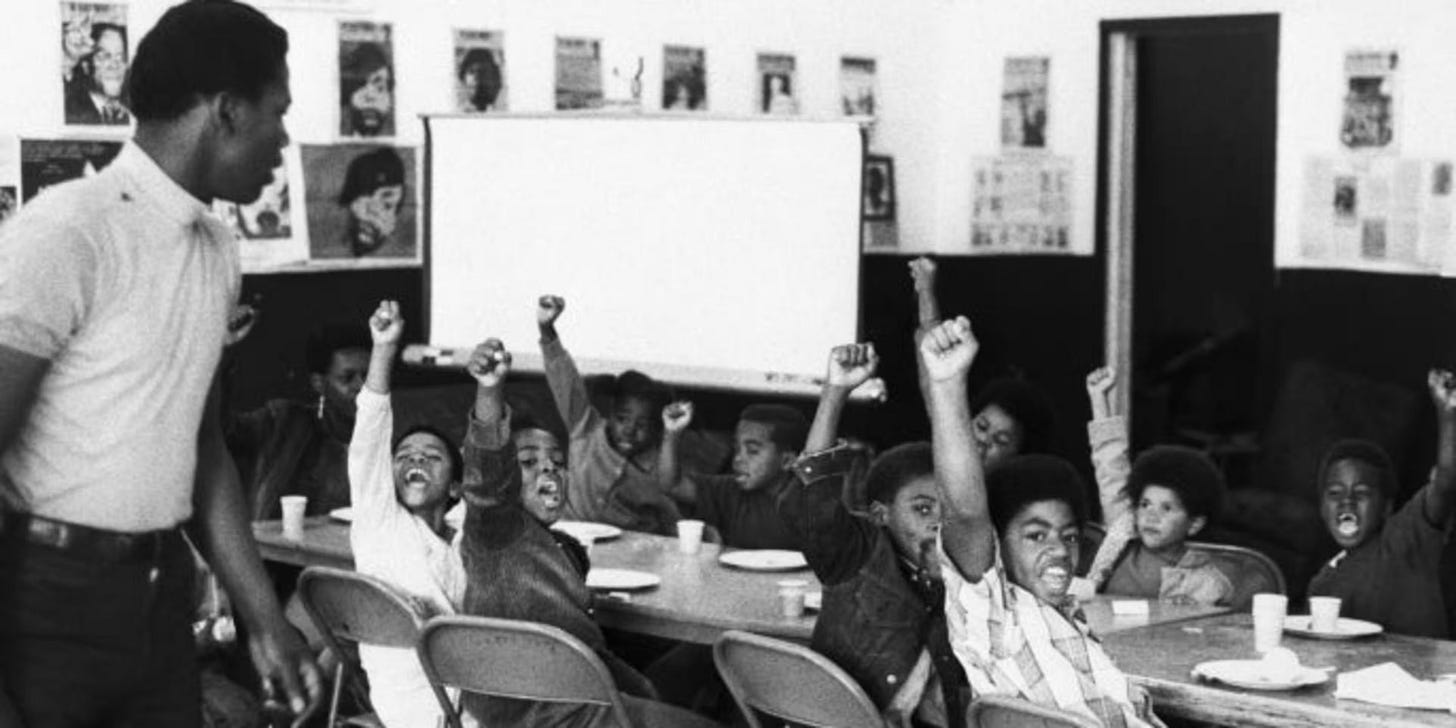Before the sun rose in Oakland, California, young men and women in black berets and leather jackets lined up in church basements to cook grits and scramble eggs. These were members of the Black Panther Party—but they weren’t carrying rifles. They were making breakfast. Why? Because too many Black children were going to school hungry, and the government wasn’t doing a thing about it.
The Black Panther Free Breakfast Program was born in 1969 and quickly spread across the country. It was simple: feed the children, no questions asked. Within months, thousands of kids were getting hot meals every school day—from Los Angeles to New York, from Kansas City to Chicago. Teachers saw immediate changes. Students were more focused, less agitated. Hungry kids became hopeful kids.
But not everyone was happy. FBI Director J. Edgar Hoover called the program “the greatest threat” to American society. Think about that: not the guns, not the marches—the food. Why? Because feeding children exposed the government’s failures and proved what empowered Black communities could do for themselves.
Police raided churches. They poured bleach on food. They intimidated volunteers. But the Panthers kept cooking. And eventually, their efforts pushed the federal government to expand the National School Breakfast Program. Millions of kids eat because of them. That’s the legacy of radical love in action.
The Black Panthers are too often remembered only for their militancy. But the truth is, they were visionaries who understood that justice starts with the basics. Food. Shelter. Dignity. The Free Breakfast Program wasn’t just a charitable act. It was a revolutionary statement: We will care for our children, even if you won’t.
In the face of repression, they chose compassion. And they fed a generation. That is hope in its most powerful form. Not a feeling—but a meal. Not a dream—but a kitchen full of people who refuse to let children go hungry. That’s the kind of revolution that sticks.







This is what will sustain us now, community action and collective care
It should also be noted that contrary to how the Black Panthers were portrayed in film AND in the media, the majority (over 60%) of Black Panthers were Black women.
https://youtu.be/MdEB_MzDcyY?si=qFx5qCZrr74lg_if